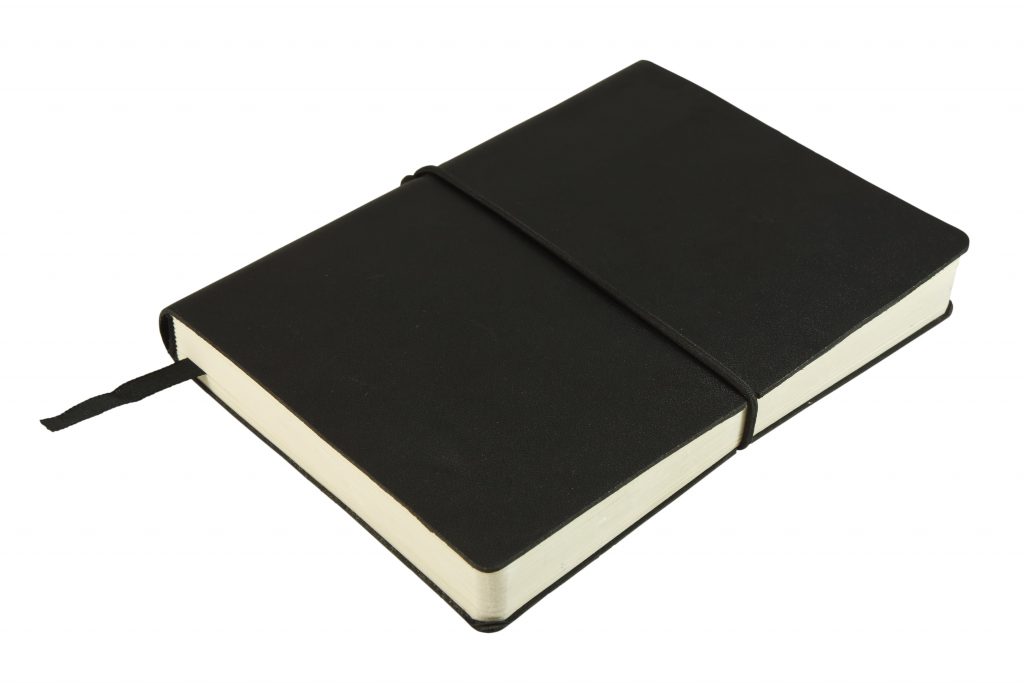Lifestyle Changes To Lower Your Stress Level Naturally
Some of the best ways to reduce your stress level is by removing stressors (both physical and emotional) to give yourself at the best possible chance for health and success. These are a few ways to improve your lifestyle and get your stress under control.
Avoid Caffeine, Alcohol, and Nicotine.
Avoid, or at least reduce your consumption of, nicotine and all drinks containing caffeine and alcohol. Caffeine, alcohol and nicotine are stimulants and so will increase your level of stress rather than reduce it.
Swap caffeinated and alcoholic drinks for water, herbal teas, or diluted natural fruit juices and aim to keep yourself hydrated as this will enable your body to cope better with stress.
You should also aim to avoid or reduce your intake of refined sugars – they are contained in many manufactured foods (and even in savoury foods such as salad dressings and bread) and can cause energy crashes which may lead you to feel tired and irritable. In general, try to eat a healthy, well-balanced and nutritious diet.
Keep a Stress Diary
Keeping a stress diary for a few weeks is an effective stress management tool as it will help you become more aware of the situations which cause you to become stressed.
Note down the date, time and place of each stressful episode, and note what you were doing, who you were with, and how you felt both physically and emotionally. Give each stressful episode a stress rating (on, say, a 1-10 scale) and use the diary to understand what triggers your stress and how effective you are in stressful situations. This will enable you to avoid stressful situations and develop better coping mechanisms.
Learn to Say ‘No’
A common cause of stress is having too much to do and too little time in which to do it. And yet in this situation, many people will still agree to take on additional responsibility. Learning to say “No” to additional or unimportant requests will help to reduce your level of stress, and may also help you develop more self-confidence.
To learn to say “No”, you need to understand why you find it difficult. Many people find it hard to say “No” because they want to help and are trying to be nice and to be liked. For others, it is a fear of conflict, rejection or missed opportunities. Remember that these barriers to saying “No” are all self-created.
You might feel reluctant to respond to a request with a straight “No”, at least at first. Instead think of some pre-prepared phrases to let other people down more gently. Practice saying phrases such as:
- “I am sorry but I can’t commit to this as I have other priorities at the moment.”
- “Now is not a good time as I’m in the middle of something. Why don’t you ask me again at….?”
- “I’d love to do this, but …”
– via www.skillsyouneed.com
Quick Fixes To Help In The Stressful Moment
Lifestyle changes are incredibly helpful in the long term, but sometimes you need a quicker fix than that. If you find yourself in a stressful moment and need to take more control, these are some great ways to slow down your mind and reclaim your control. Breathing techniques are especially helpful since they can be done just about anywhere and are an immediate physical relief.
- Perform diaphragmatic or “deep breathing” exercises.Lie face down on the floor and begin breathing deeply and slowly, with your hands resting under your face. Do this for five minutes.Sit in a reclining chair. Put a hand on your abdomen and a hand on your chest. As you breathe, make sure the hand on your abdomen is moving up and down rather than one on your chest. If the hand on your abdomen is moving you are breathing deeply and slowly.
- Try progressive muscle relaxation or “deep muscle” relaxation. Progressively tense and relax each muscle group in your body. Learn the difference between muscle tension and relaxation.
- Meditate. Use visualization or guided imagery to help you learn to be one with your thoughts. Sit quietly with your eyes closed, imagining the sights, sounds and smells of your favorite place, such as a beach or mountain retreat.
- Make time for music, art or other hobbies that help relax and distract you.
- Make a list of the important things you need to handle each day. Try to follow the list so you feel organized and on top of things. Put together a coping plan step by step so you have a sense of mastery.
- Keep an eye on things that might suggest you’re not coping well. For example, are you smoking or drinking more, or sleeping less?
- Set aside a time every day to work on relaxation.
– via Psych Central.com
Have you found any great tools to help you get stress under control?
